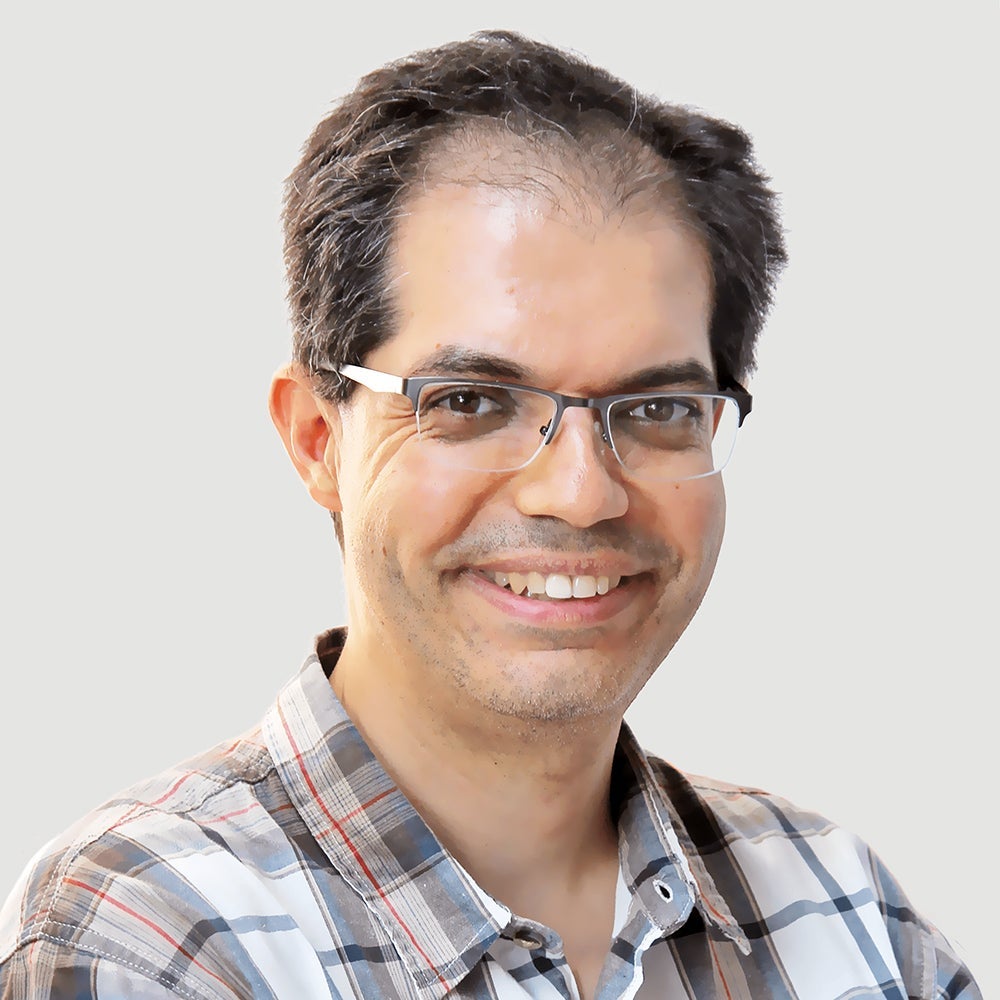Sponsored by the Faculty of Mathematics Data Science Graduate Programs, please join Cheriton School of Computer Science expert in artificial intelligence, Professor Pascal Poupart, for a public talk in which he will describe the key technological advances in recent years that were behind AlphaGo and ChatGPT and ultimately facilitated these breakthroughs.
In recent years, we have seen the following —
- AlphaGo beat the best human players in the challenging game of Go
- large language models such as ChatGPT and GPT-4 converse in a human way while displaying an unprecedented depth of knowledge
- DALL-E 2 and Stable Diffusion create realistic images and art from natural language descriptions
- the auto industry’s rolling out of AI-based autonomous driving systems
- Alpha Fold 2 predicts the structure of over 200 million proteins to accelerate scientific research
- other large foundational models can predict the physical and chemical properties of compounds to accelerate the design of new materials
While the industry often highlights the increasing size of their models — billions to trillions of parameters — this gives a false impression that simply throwing a lot of data to large computer clusters to train ever larger models is the key. However, important algorithmic advances were necessary to achieve those breakthroughs.
Professor Poupart will explain the role that residual optimization and stochastic optimization played to enable deep learning. He will also discuss important advances in reinforcement learning, self-supervised learning, and few-shot learning that improved significantly the quality of foundational models.
The success of AI has also led to new challenges in terms of explainability. While most models in advanced AI systems are difficult to interpret, Professor Poupart will also discuss recent advances in probing and conversational agents that can provide some degree of explainability.
Coffee and tea will be provided.
Registration is not mandatory but is appreciated and encouraged to help predict the number of participants and to be able to provide you with updates and information closer to the event date.

He received his B.Sc. in Mathematics and Computer Science at McGill University in 1998, his M.Sc. in Computer Science at the University of British Columbia in 2000, and his Ph.D. in Computer Science at the University of Toronto in 2005. His research focuses on the development of algorithms for machine learning with application to natural language processing and material design.
He is most well known for his contributions to the development of reinforcement learning algorithms. Notable projects that his research team are currently working on include Bayesian federated learning, probabilistic deep learning, data efficient reinforcement learning, conversational agents, automated document editing, sport analytics, adaptive satisfiability, and CO2 conversion and capture.